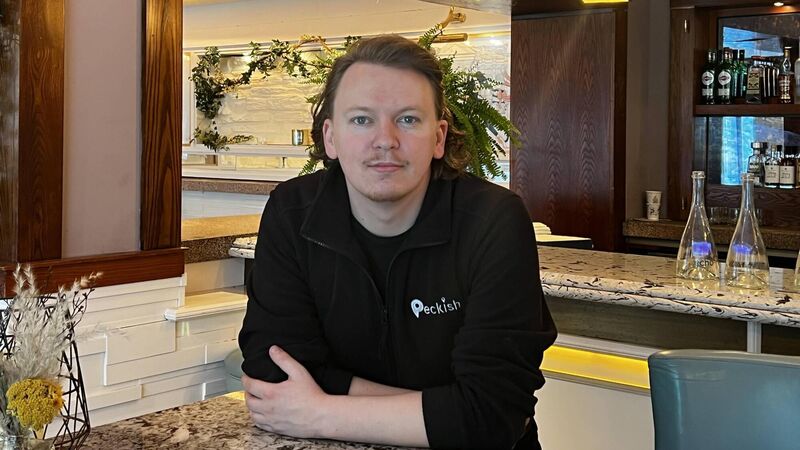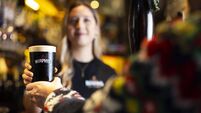Cork's Paul O'Shea to wind up food ordering app Peckish due to 'unforeseen market changes'

Peckish was set up by Cork entrepreneur Paul O’Shea in 2019 with intentions to launch in the first quarter of 2020. However, plans were scuppered by the pandemic as restaurants were forced to close.
Cork entrepreneur Paul O’Shea has made the “bittersweet” decision to wind up his food ordering company Peckish as investors become increasingly spooked due to unforeseen market changes.
Mr O’Shea once compared his app to travel website Skyscanner, but for food instead of flights. However, Peckish eventually failed to take off and compete with rivals such as Deliveroo.
A collection of the latest business articles and business analysis from Cork.













